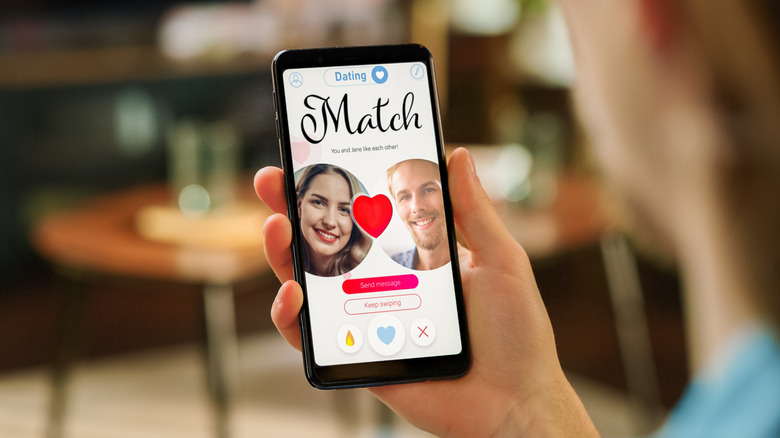Things You Should Remember To Avoid Getting Scammed When Dating Online
Tinder, Hinge, OkCupid, Grindr, and Bumble are where millions turn every day to find potential partners, but these dating apps are also used by cybercriminals to carry out romance scams. In a typical romance scam, the threat actor contacts the target and gradually builds rapport with them through deception. Once they establish a relationship with the victim, they start requesting money and soliciting sensitive personal information, which can be used to carry out identity theft and financial fraud, or for further manipulation, threats and blackmail.
It is an obvious red flag when someone you've met on a dating site starts asking for money, gifts, favors, or pitching supposed investment opportunities, but some warning signs are harder to spot, especially if you're not familiar with how dating scams work. Is your new acquaintance making plans to meet, but they always fall through for some reason? Are they trying to isolate you from your friends and family? What about their social media profiles, do they seem off? Do you ever feel like they are being emotionally manipulative? If you answered yes to these questions, it is likely that you are dealing with a scammer.
How romance scammers operate on dating sites
As is the case with all cyber threats, dating scams range from rudimentary to sophisticated operations. Some scammers go to great lengths to deceive their victims, creating elaborate fake identities complete with photos, social media profiles, and believable personal details. They work patiently on establishing trust, and eventually exploit it.
The first thing you should do is try to verify they are who they say they are. Examine their photographs. If their photos look professional and polished, or unusually blurry and low quality, they might be using someone else's identity. If they shared their social media profiles with you and they seem to have few organic connections or interactions on their posts, that too is a red flag.
Scammers often use emotional manipulation to gain sympathy, so you should also pay close attention to what they say, and look for any inconsistencies in their story. They may shower you with compliments, express affection very quickly, or create a sense of urgency, but they will refuse to meet in person. According to the FBI, romance scammers often claim to be temporarily abroad to avoid actually following through on meetings. They come up with excuses for why they can't meet, often pointing to made up medical emergencies, unexpected legal fees, and personal crises.
What to do if you're targeted by a romance scammer
In 2023 alone, there were around 64,000 reports of romance scams with victims losing a combined $1.14 billion, according to the Federal Trade Commission. Each victim lost a median of $2,000, more than for any other imposter scam. The real numbers are likely much higher, since romance scam victims are often hesitant to come forward, whether due to shame, fear, or emotional and financial investment.
Anyone can fall victim to a romance scam, but understanding how to protect yourself can make a big difference. Be careful about sharing personal information with strangers online, take time to verify their identity (reverse image search tools might help), and watch out for any red flags. No matter how convincing their story may seem, do not send them money or gifts, and tell someone you trust about the relationship — they might be able to see the situation more clearly.
If you suspect that a person you've met on social media a dating app is a romance scammer, immediately cease all contact with that individual, contact local law enforcement and report them to the FBI's Internet Crime Complaint Center.


